Matt Ruff's 6 favorite works with supernatural themes
The author recommends novels by Bertrand R. Brinley, Robert Harris, and more
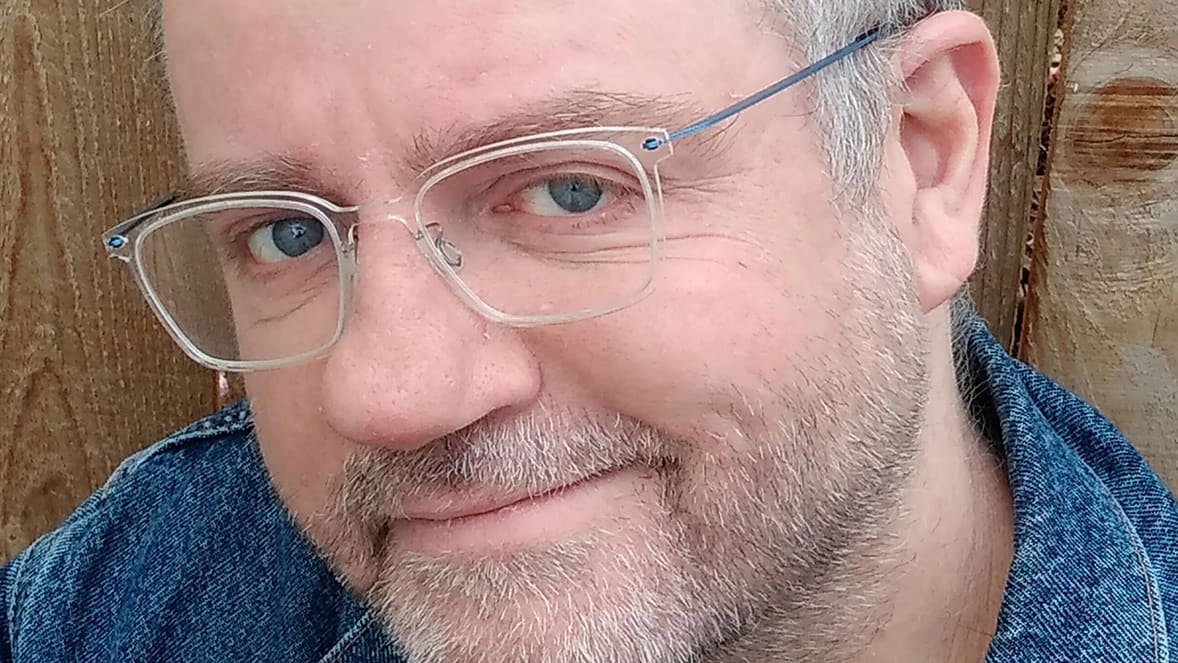
A free daily email with the biggest news stories of the day – and the best features from TheWeek.com
You are now subscribed
Your newsletter sign-up was successful
When you make a purchase through links on our site, we may earn a commission.
Matt Ruff is the author of Lovecraft Country, the horror novel that inspired the HBO series of the same name. Ruff's new sequel, The Destroyer of Worlds, picks up the story in 1957, as racism and supernatural forces continue to plague the protagonists.
The Mad Scientists' Club by Bertrand R. Brinley (1965)
One of the most beloved books of my childhood. Its teenage protagonists use their STEM skills for worthy projects, such as building a fake Loch Ness monster. And there's a sequel, The New Adventures of the Mad Scientists' Club, that's just as good. Buy it here.
The Week
Escape your echo chamber. Get the facts behind the news, plus analysis from multiple perspectives.

Sign up for The Week's Free Newsletters
From our morning news briefing to a weekly Good News Newsletter, get the best of The Week delivered directly to your inbox.
From our morning news briefing to a weekly Good News Newsletter, get the best of The Week delivered directly to your inbox.
The Sundial by Shirley Jackson (1958)
In this underrated black comedy by the author of The Haunting of Hill House, the members of a wealthy family take shelter on their country estate to await a prophesied apocalypse, which they believe only they will survive. But the promise of inheriting a new Eden brings out all their worst tendencies. Buy it here.
The Solitudes by John Crowley (1987)
This is a rich novel of ideas. It builds on the mantra "There is more than one history of the world," which is both a metaphor for the way different cultures view reality and a suggestion that the laws governing the universe might sometimes literally change. It even suggests that another change is due. Buy it here.
Fatherland by Robert Harris (1992)
An alternate history that, like Philip K. Dick's The Man in the High Castle, imagines a world in which the outcome of World War II is reversed. But where Dick's novel focuses on what losing the war would have done to America, Fatherland asks what I think is a much more interesting question: What would winning the war have done to Germany? Buy it here.
Gospel by Wilton Barnhardt (1993)
An ex-Jesuit, a rabbi, and a theology student set off in search of a lost gospel ... This might sound like the setup for an irreverent joke, but it's actually the premise of a fantastic religious adventure story that leaves Dan Brown's The Da Vinci Code in the dust. Buy it here.
A free daily email with the biggest news stories of the day – and the best features from TheWeek.com
The Night Ocean by Paul La Farge (2017)
This brilliant, impossible-to-categorize novel uses an obscure episode from the life of horror writer H.P. Lovecraft to create a complex and moving tale about literary scandals, human longing, and the fraught relationship between artists and their fans. Buy it here.
This article was first published in the latest issue of The Week magazine. If you want to read more like it, you can try six risk-free issues of the magazine here.
-
 ‘Restaurateurs have become millionaires’
‘Restaurateurs have become millionaires’Instant Opinion Opinion, comment and editorials of the day
-
 Earth is rapidly approaching a ‘hothouse’ trajectory of warming
Earth is rapidly approaching a ‘hothouse’ trajectory of warmingThe explainer It may become impossible to fix
-
 Health insurance: Premiums soar as ACA subsidies end
Health insurance: Premiums soar as ACA subsidies endFeature 1.4 million people have dropped coverage
-
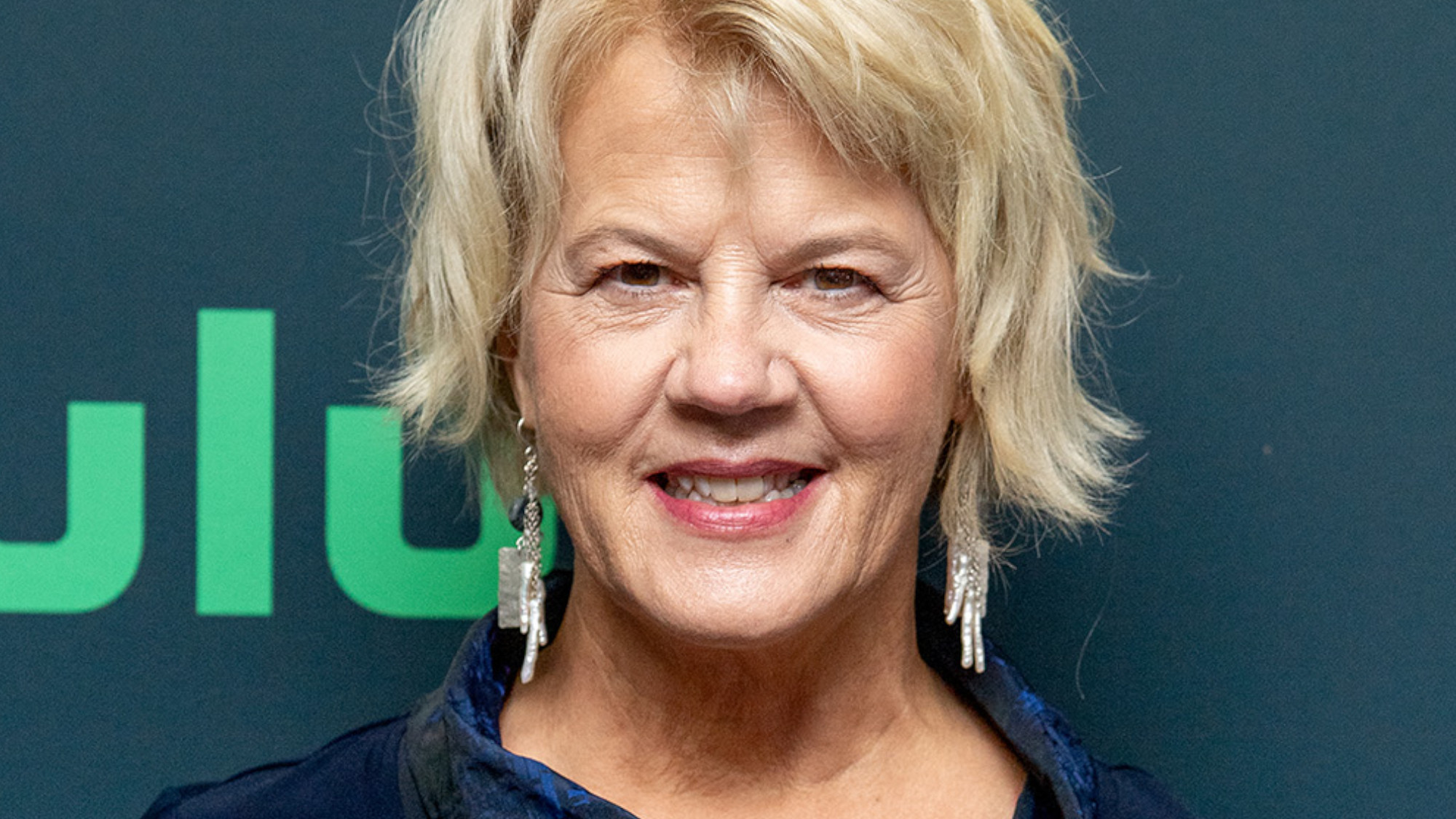 Beth Macy’s 6 favorite books about living in a divided nation
Beth Macy’s 6 favorite books about living in a divided nationFeature The journalist recommends works by Nicholas Buccola, Matthew Desmond, and more
-
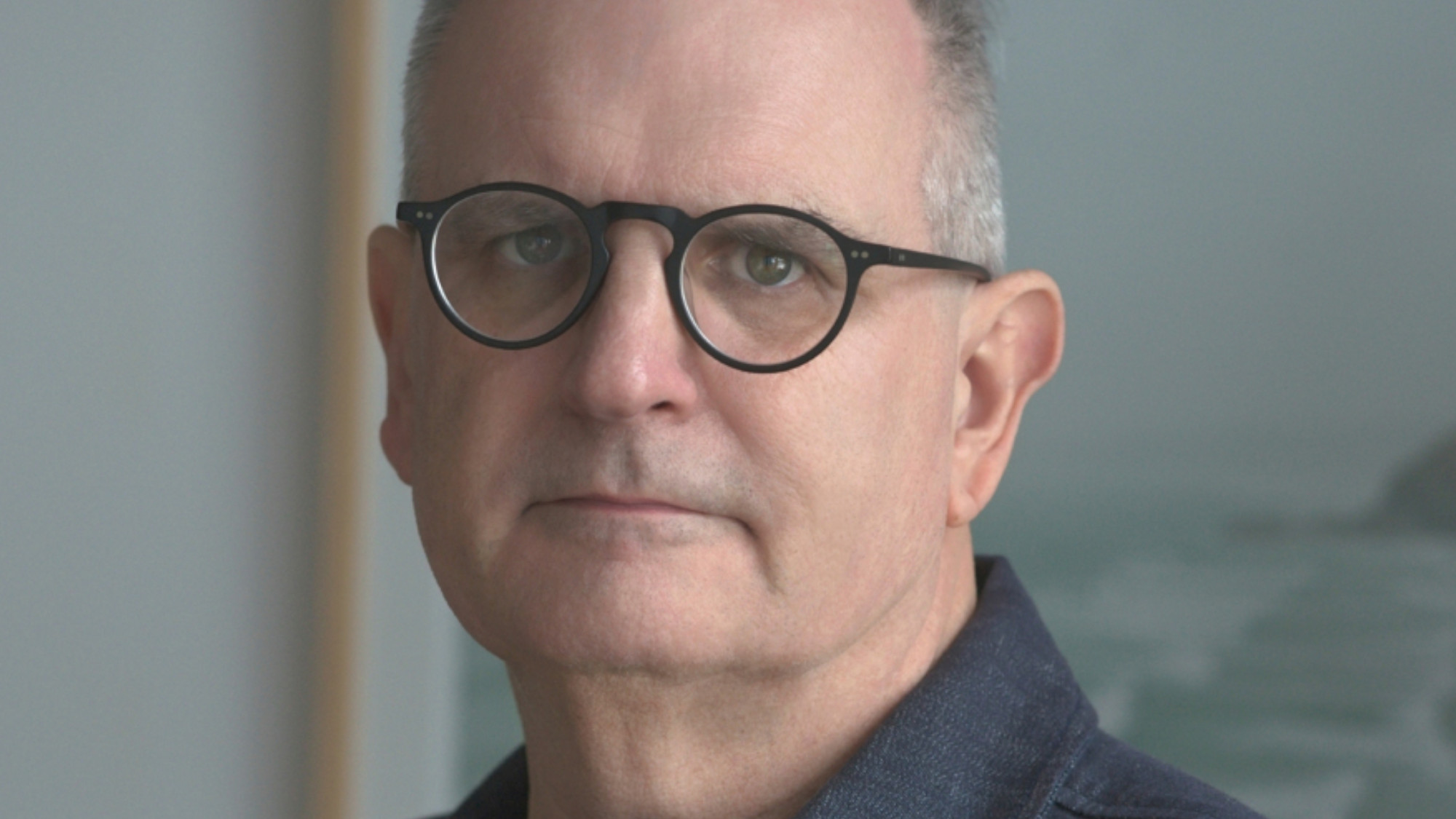 Gilbert King’s 6 favorite books about the search for justice
Gilbert King’s 6 favorite books about the search for justiceFeature The journalist recommends works by Bryan Stevenson, David Grann, and more
-
 Nathan Harris’ 6 favorite books that turn adventures into revelations
Nathan Harris’ 6 favorite books that turn adventures into revelationsFeature The author recommends works by Kazuo Ishiguro, Ian McGuire, and more
-
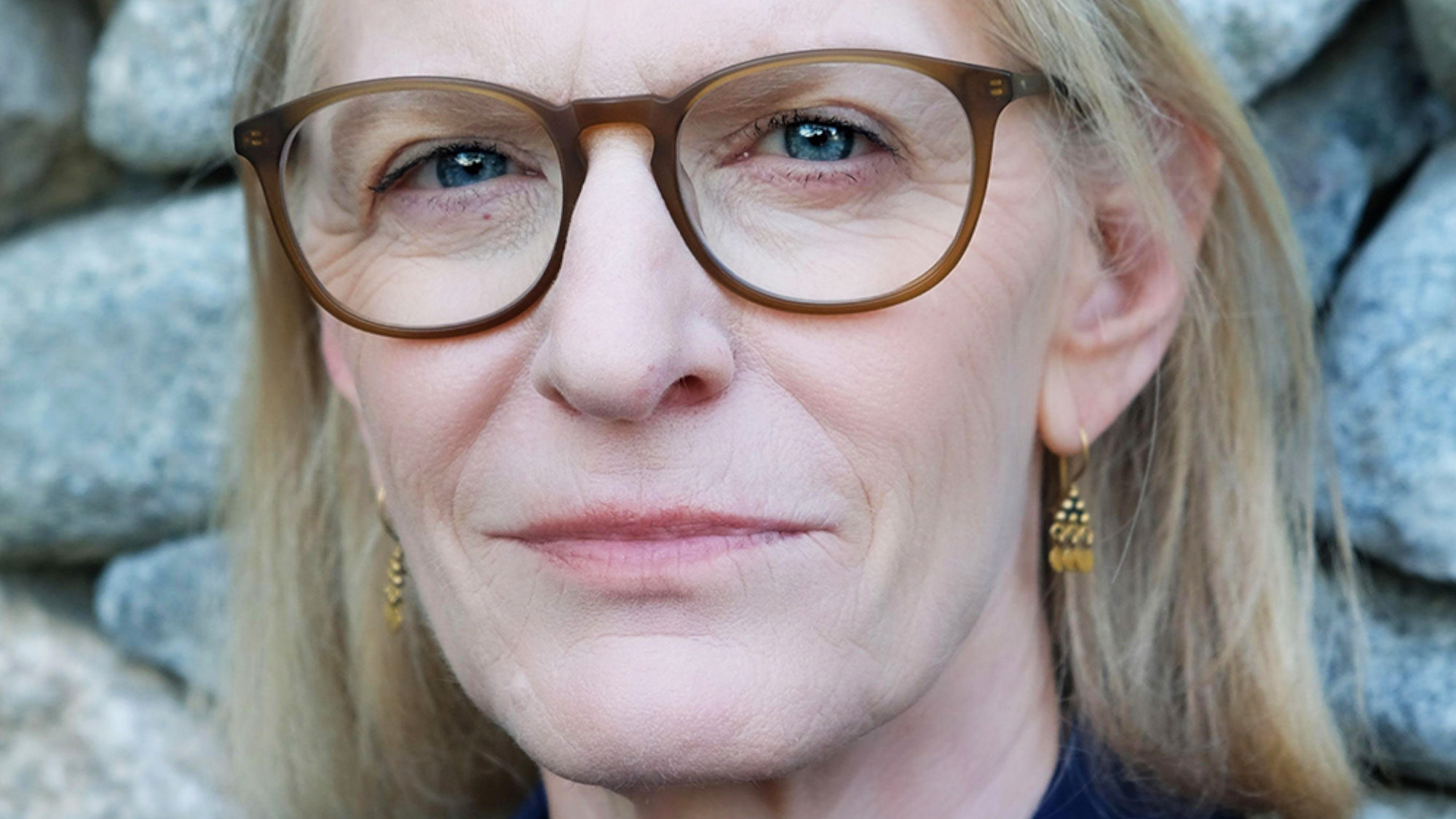 Marisa Silver’s 6 favorite books that capture a lifetime
Marisa Silver’s 6 favorite books that capture a lifetimeFeature The author recommends works by John Williams, Ian McEwan, and more
-
 Lou Berney’s 6 favorite books with powerful storytelling
Lou Berney’s 6 favorite books with powerful storytellingFeature The award-winning author recommends works by Dorothy B. Hughes, James McBride, and more
-
 Elizabeth Gilbert’s favorite books about women overcoming difficulties
Elizabeth Gilbert’s favorite books about women overcoming difficultiesFeature The author recommends works by Tove Jansson, Lauren Groff, and more
-
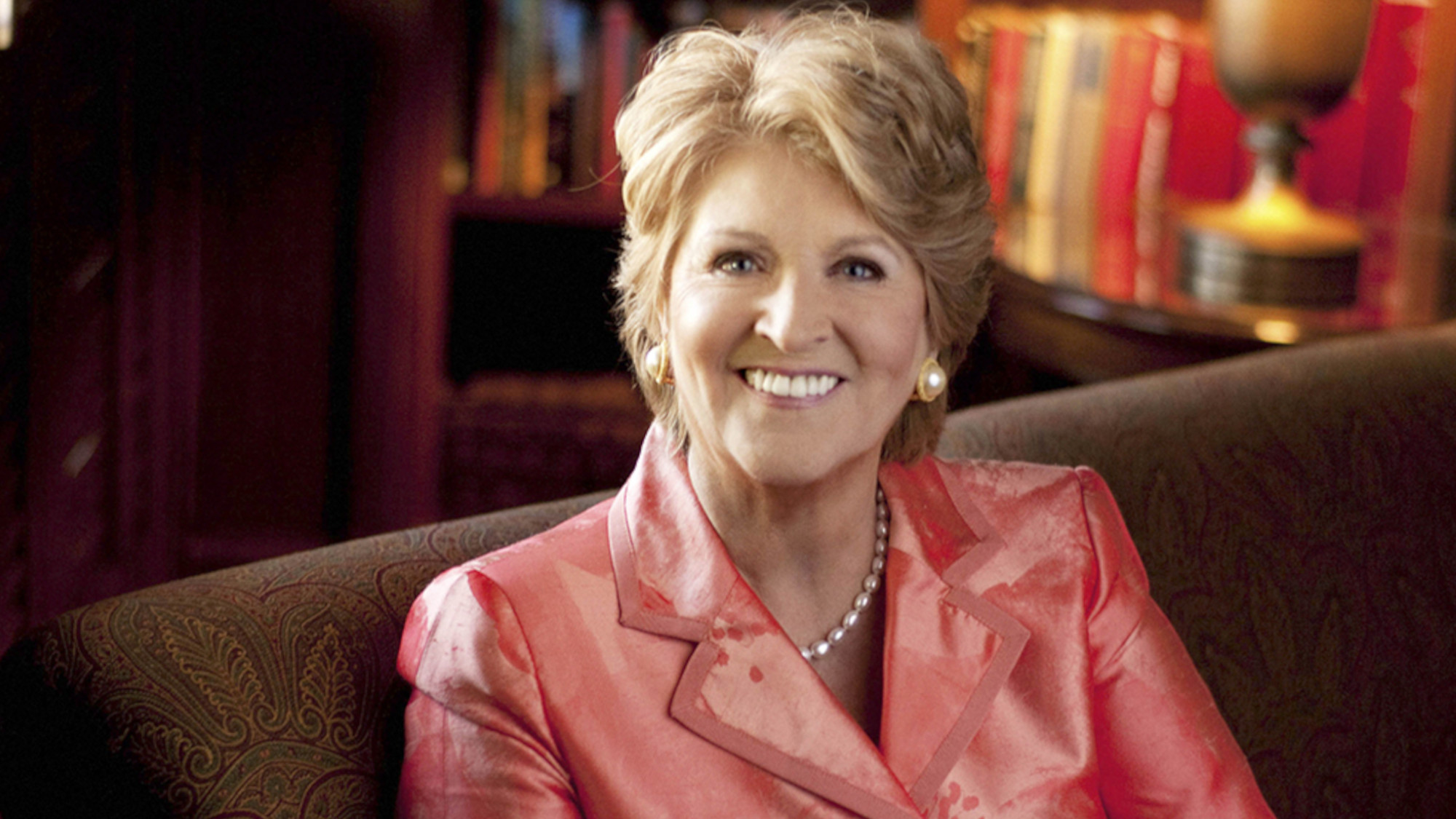 Fannie Flagg’s 6 favorite books that sparked her imagination
Fannie Flagg’s 6 favorite books that sparked her imaginationFeature The author recommends works by Johanna Spyri, John Steinbeck, and more
-
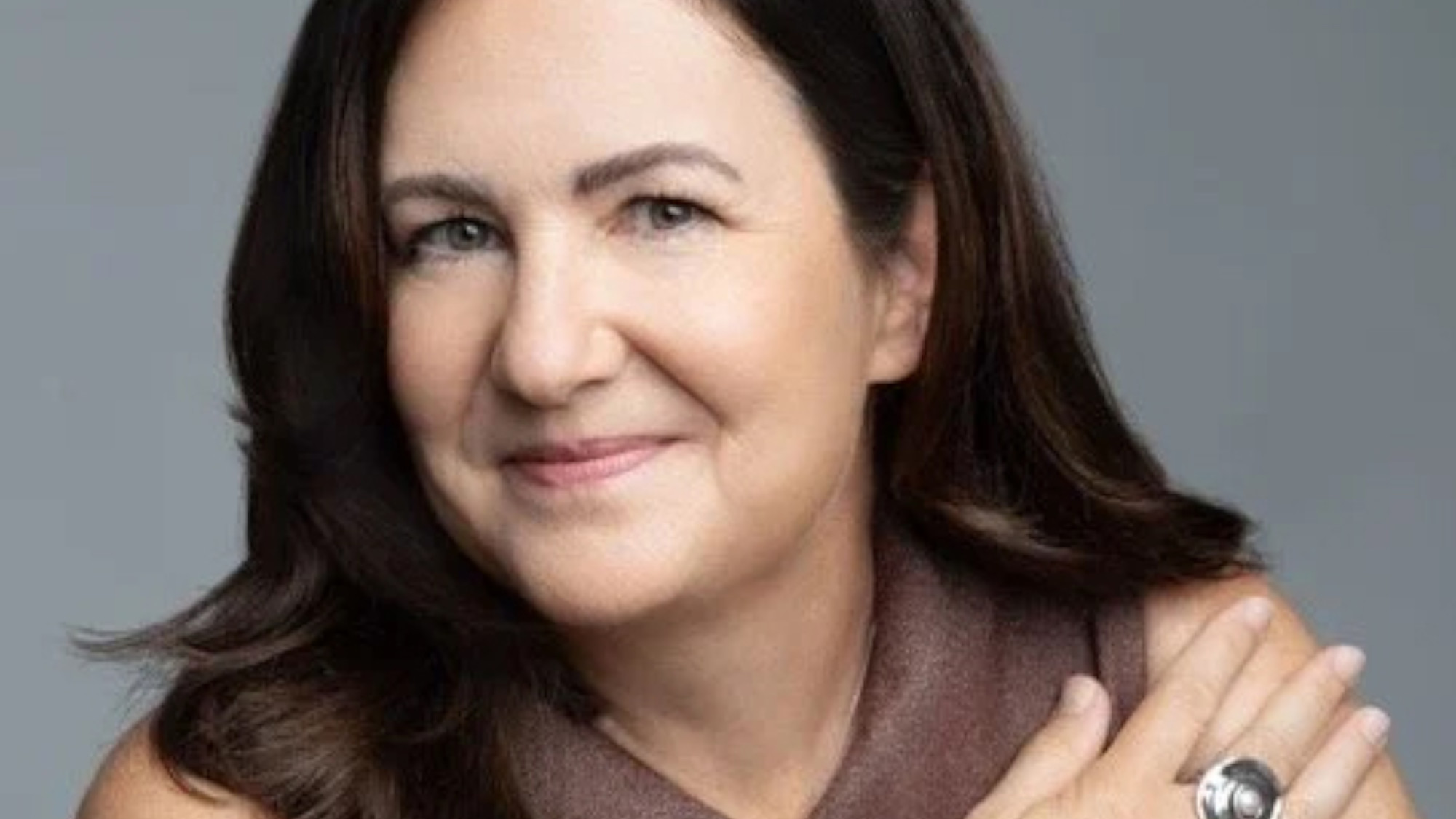 Jessica Francis Kane's 6 favorite books that prove less is more
Jessica Francis Kane's 6 favorite books that prove less is moreFeature The author recommends works by Penelope Fitzgerald, Marie-Helene Bertino, and more